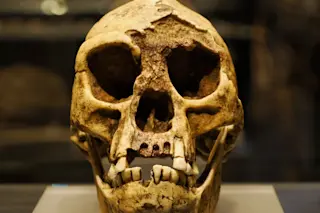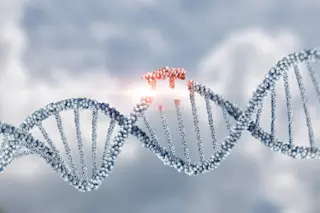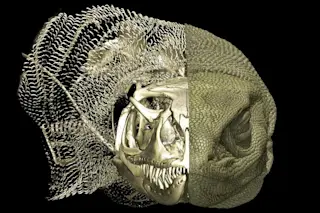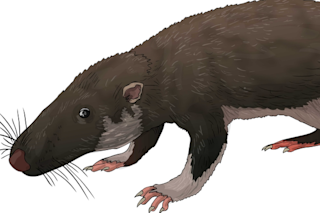There have been a variety of responses to my column in The Crux on race. To be fair, because the audience for The Crux does not consist of genome nerds I engaged in some first approximations which some readers have taken objection to. For example, the genetic architecture of blue vs. brown eye inheritance is 'quasi-Mendelian,' with ~75 percent of the variation in Europeans on this trait attributable to variation in the region of the HERC2 and OCA2 genes. But I thought, and still think, that a rough re-characterization of the trait as a recessive one with a monogenic Mendelian inheritance pattern can be justified for didactic purposes (just like one can justify the idea that whole human genomes have been sequenced, even if there are large gaps, and known errors in regions of repeats). But the comments over at Richard Dawkins' website have been rather amusing as a whole. ...
Richard Dawkins accepts the usefulness of race
Explore the complex concept of human races biological meaning and its significance in genetics and social perceptions.
More on Discover
Stay Curious
SubscribeTo The Magazine
Save up to 40% off the cover price when you subscribe to Discover magazine.
Subscribe












